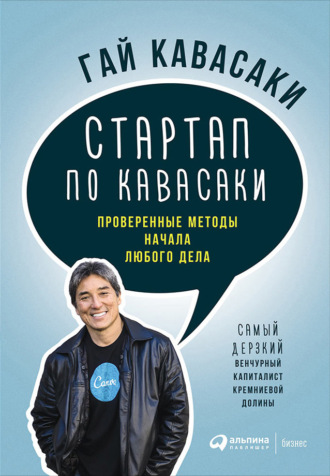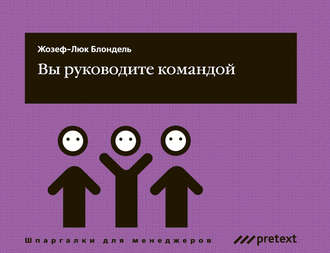LQ Dynamic Optimization and Differential Games
Группа авторов
Game theory is the theory of social situations, and the majority of research into the topic focuses on how groups of people interact by developing formulas and algorithms to identify optimal strategies and to predict the outcome of interactions. Only fifty years old, it has already revolutionized economics and finance, and is spreading rapidly to a wide variety of fields. LQ Dynamic Optimization and Differential Games is an assessment of the state of the art in its field and the first modern book on linear-quadratic game theory, one of the most commonly used tools for modelling and analysing strategic decision making problems in economics and management. Linear quadratic dynamic models have a long tradition in economics, operations research and control engineering; and the author begins by describing the one-decision maker LQ dynamic optimization problem before introducing LQ differential games. Covers cooperative and non-cooperative scenarios, and treats the standard information structures (open-loop and feedback). Includes real-life economic examples to illustrate theoretical concepts and results. Presents problem formulations and sound mathematical problem analysis. Includes exercises and solutions, enabling use for self-study or as a course text. Supported by a website featuring solutions to exercises, further examples and computer code for numerical examples. LQ Dynamic Optimization and Differential Games offers a comprehensive introduction to the theory and practice of this extensively used class of economic models, and will appeal to applied mathematicians and econometricians as well as researchers and senior undergraduate/graduate students in economics, mathematics, engineering and management science.
- Категория: зарубежная деловая литература
- Правообладатель: John Wiley & Sons Limited
- Возрастное ограничение: 0+
- ISBN: 9780470015513
- Легальная стоимость: 14828.47 руб.





